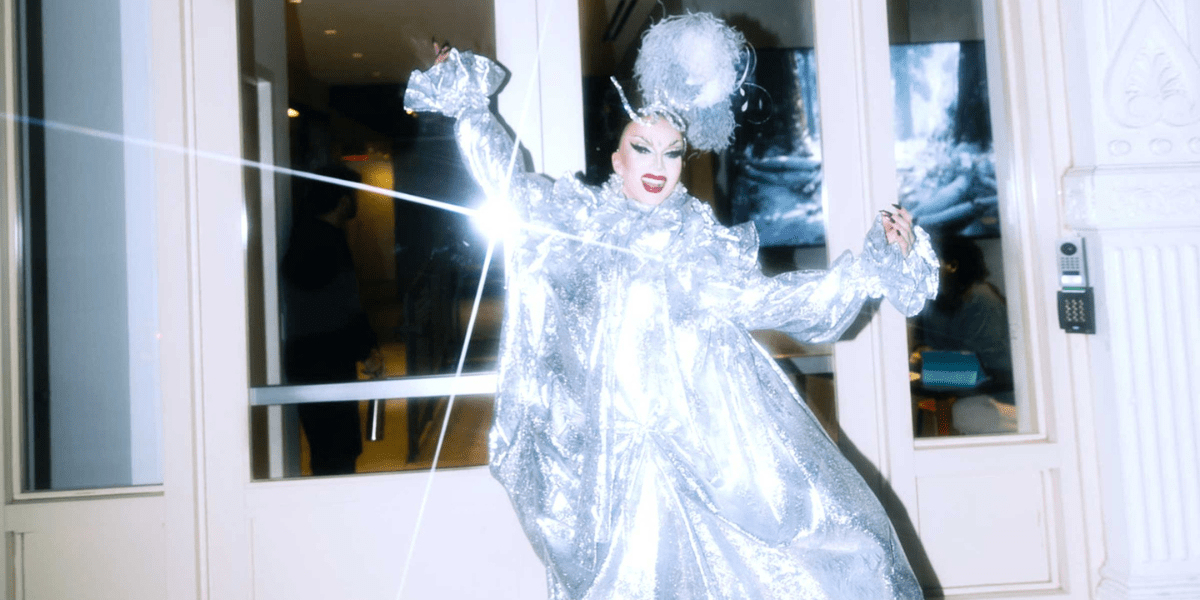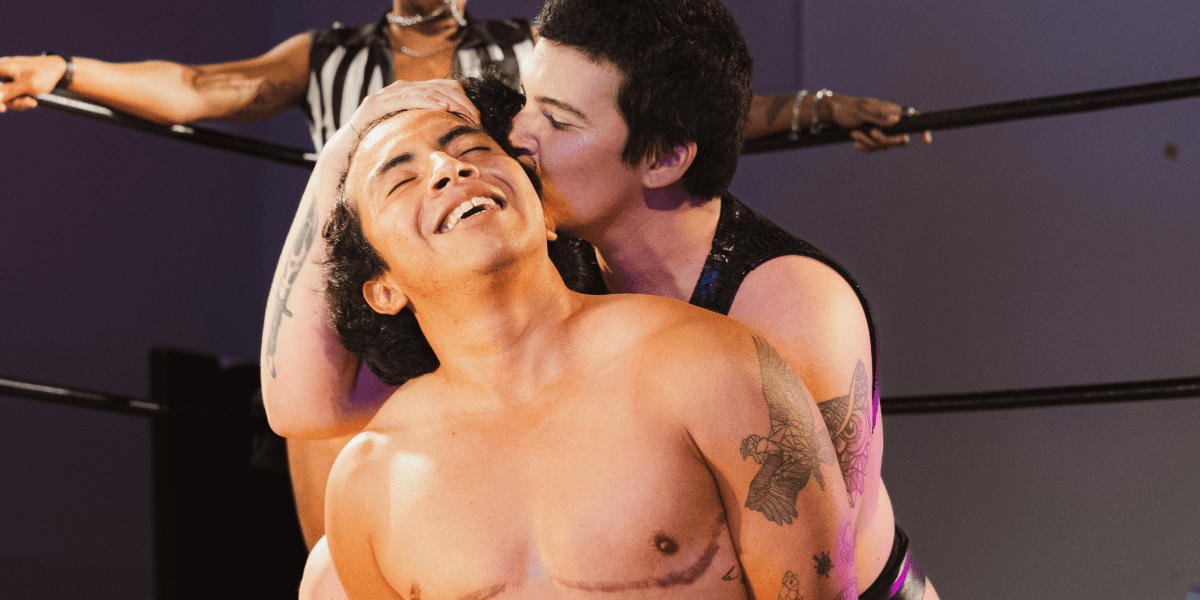What does slowing down really look like? Over the past several months I have been asking myself this question. As a person who experiences many identities (Black, Queer, Nonbinary, transracial adoptee), moving through the current cultural climate is challenging and exhausting. Deciding who to work with and where to put my energy has become a practice of deep reflection and active listening.
I have stepped back from and cut ties with people and organizations who have not been serving me and/or actively harming me. Releasing these relationships has cleared up space for me to realize what is missing from my life and prioritize what brings me joy. I have discovered that gardening my community plot brings me great joy. Valuing what I plant means making room for things to grow. Tending a garden is careful, attentive work, and it is important to see what is taking up too many resources. Gardening gives me what I need to sustain and grow and fruit and thrive. Planting seeds, watering a plot of land and watching life sprout and grow is beautifully grounding — for too long I had gone without a solid connection to the earth. When it is time, I harvest the fruits and vegetables and herbs, careful to take only what is needed for me and my loved ones, and for the plant to survive and thrive.
I have learned that tending a garden takes a lot of work, and weeds and pests stay attacking the fruits, veggies, and herbs I have planted. Here’s the thing though: plants are resilient, they want to survive, and if I help them, if I do what is possible to help them grow and fruit and thrive, more often than not, they do.
Grind Culture Is Killing Us
Believing we are machines instead of human beings is killing us. Capitalism, white supremacy, and slavery set the conditions and grind culture is a natural result of this collision of harm. The idea that people enjoy working 130 hour work weeks, that we must produce, produce, produce to have value is the crux of the hustle. On the plantation, an enslaved person’s value was a direct result of the work that person was able to produce. If a person was unable to meet the dehumanizing expectations of the plantation owner, that person was punished. If that person’s value dipped low enough, they would be sold or murdered.
These same tactics are used by companies and by the government to keep a constant assault on people who are not the 1%. With an administration constantly rolling back and attacking basic human rights, denying access to affordable education, healthcare, and other valuable resources. While the government sets the conditions, companies and organizations are designed to uphold systems of oppression designed to keep people subjugated. Companies provide “perks” for employees, which do not value their actual worth, but pander to their capitalist wired brains. Who needs time off when there is a yoga studio downstairs and a gym across the hall? Who needs higher pay when the company provides snacks and beer?
People who are overworked, under resourced, and denied access to true information are easy to control. People who are overwhelmed do not question, do not push back, do not revolt. These are uncomfortable truths, and it is becoming clear now more than ever, that we need to collectively sustain our gaze. The time has come to do things differently and on a wider scale. People in Black and Brown and Indigenous communities are no strangers to transformation — living in oppressive conditions has created an ability to think critically to find tangible solutions to make effective, sustainable change. Knowledge is out there ready to be consumed and incorporated into our culture and society.
The catch is, we must be willing to look at our history, and ourselves in order to uproot the systems which live in our past, and in ourselves.
Throughout this pandemic we are seeing the effects of grind culture on our society. People are continuing to attribute their worth to their productivity. A direct descendant of slavery and capitalism, the tactics used to enforce grind culture on this country’s workforce are close kin to those used by white plantation owners on enslaved African and Black people.
This quote from the New York Times shows the juxtaposition of two Americas, that of the 1%, and of the rest of us.“What made the cotton economy boom in the United States, and not in all the other far-flung parts of the world with climates and soil suitable to the crop, was our nation’s unflinching willingness to use violence on nonwhite people and to exert its will on seemingly endless supplies of land and labor. Given the choice between modernity and barbarism, prosperity and poverty, lawfulness and cruelty, democracy and totalitarianism, America chose all of the above.”
Grind culture is a tool used to sustain and bolster the wealth and livelihoods of the 1%. Enslaved African and Black people on plantations were worked past exhaustion, they had their humanity and dignity and privacy stripped from them. Capitalism is the reason Africans were enslaved by white people in the first place. After they slaughtered hundreds of millions of indigenous people when the English invaded and colonized this country. Accessible resources were limited and of poor quality, and education was forbidden. Bodies, religions, and marriages were policed. Enslaved Africans and Black people were pitted against one another, with some people put in positions of power wielding force over their kin and community.
So How Do We Cultivate A Culture Of Change?
The things we need to be whole cannot thrive inside of capitalism. People are waking up to the fact that we are more than the systems living inside and around us. With the swell of grind culture looming everywhere we look, an awareness is rising that humanity has the agency to choose a different path. Systems which are rooted deep inside of us can be removed. The possibility to thrive outside of capitalism, white supremacy, and facism is within our collective control.
The Movement for Black Lives has called for the defunding of police. Across the nation Black Lives Matter activists are working to answer the call. Support for the demand has been powerful and has resulted in the Minneapolis city council unanimously voting to move toward defunding and dismantling their police department. Despite the excitement many are wondering, what comes next? Miriame Kaba, an active organizer and educator for transformative justice and prison abolition has said, “We’re not going to abolish the police, if we don’t abolish capitalism, by the way! It ain’t going to happen.”
After 9/11, Alice Walker said we as a country needed to take a pause, to be with the moment, and grieve together before moving forward. The Nap Bishop, Trisha Hersey ministers that we need rest as reparations. Her organization, The Nap Ministry, spreads the message that to dismantle grind culture we need to rest. The way forward is not to feed systems of oppression, but to dismantle them and feed ourselves. Transformation is possible, it can begin with digging our hands in the earth, it can begin with a decision to rest.
The beautiful thing is that there is no one right or wrong way to push back against grind culture. Radical rest can be molded to fit any body. It’s deciding not to click into an article we know will upset us, or choosing not to respond to a text message or email right away because maybe it doesn’t need a response until tomorrow. Embodying rest means slowing down and being present. For some that may look as mild as an afternoon nap welcomed in by a good book, for others it may look like linking up with other Black and brown folks in nature, or starting the day by writing in a journal. The point is to allow for and create space to feel, connect, and be.
Healing Is Tending The Garden
Healing is pulling up the roots and things, which are not benefitting the health of the garden, and instead are eating up necessary resources, crowding and soaking up sunlight and water and starving what was intentionally carefully planted. Society will plant weeds in our garden. Weeds that flower and seed and leave no space for intention or thriving. Let’s pull up the roots.
We need rest. We need breaks. We need ease. Our bodies require time to decompress and settle so we can soothe our nervous systems. Our bodies want to pause and stretch and be still. We require flexibility. We thrive with support. We generate creativity and happiness and joy through connection. We require ecstacy. Fluidity. We need spaciousness. We require freedom to do and create things on our own timelines while working with and being accountable to one another. We thrive with respect and understanding and openness and grace. We require transformation. We require wisdom. We need bounty and wonder, restoration and revelation. We require sweetness








Comments
Thanks for this expansive small-and-big account of gardening and tending joy, resilience, etc. I’ve been gardening a lot these days, too, and learning so much from plants about how to be more human.
– a fellow qpoc in Maine
I love this, thank you for writing it. I started gardening this year for the first time and I was surprised by how restorative it’s been. As you say in the conclusion, I was needing bounty and wonder, restoration and sweetness.
THANK. YOU. This hits hard for me right now. I’m getting out of a crappy situation and looking forward to getting back into a house where I can garden but that is really my anchor. And work is so much and certain people in my life want me to do all the work. I’m been doing a lot of work to get out of the mindset where my worth is related to my usefulness and I’m very happy to see other people doing the same.
Yes yes yes yes yes yes yes.
I highly recommend the book Braiding Sweetgrass by Robin Wall Kimmerer, it talks about indigenous practices, beliefs and how they relate to nature. That by gardening, connecting to the wildlife around us and seeing the abundance and generosity in nature, we can learn to be slower and more generous ourselves. We can imagine an economy of gifts, care and exchange instead of the capitalist grind.
I’m doing my best to weave this understanding into my everyday life and find a way of making a living that is compatible with this kind of work
yesssss Braiding Sweetgrass!!! recommend to everyone!!
I really love this. I’ve been tending to my plants too and it’s really facilitated a deeper capacity for me to reflect on how capitalism grinds us down (and to reflect on how better to support the marginalised communities that are ground down the most). Thank you for sharing!
All of this.
mmmm perfect! thank you LaLa!!! i was thinking about how capitalism refuses all beings rest – ppl, the soil, the waters, the animals. all beings, ppl included have so much to give when we are cared for and can replenish ourselves between givings. we must let the earth rest. and when we don’t allow ourselves something (rest, asking for help, mistakes), it is almost always a sign we judge others for that. so really allowing ourselves rest, i think is key to releasing the judgement against rest that capitalism teaches us, it is necessary for allowing the earth to rest and recover from all this violent taking. at times it is too hard to let ourselves rest for our own sake, maybe we can do it for the earth and for each other. thank you i really needed this and the piece you linked in the first sentence!
This is an amazing analysis of what is going on, and so helpful to read. Pls keep writing and I would love to follow your work.
YES and thank you
Thank you for this piece. I have been learning from The Nap Ministry as well and gardening is one of my favorite metaphors for life.
Heads up that the Nap Bishop’s name is spelled Tricia not Trisha.
Straight white guy here that liked this article. As a small business owner and agriculture-economist I am always trying to find ways to do all this correctly, to avoid the grind but respect the power that trade can have in providing access and resources. I work with developing communities to grow in spaces where globalization and global capitalism are trying to strip their community of resources.
Quite the eloquent diatribe from someone who knowingly ripped someone off who was queer and homeless, rendering them without a place to live by doing so. The way one treats others, both publicly and privately, are inherently political acts.
Start by actually treating others the way you’d like to be treated and maybe the world will start to change for the better. Being genuine in thought and not action isn’t going to help fight systems of oppression, meaning what you say and acting on those assertions may.